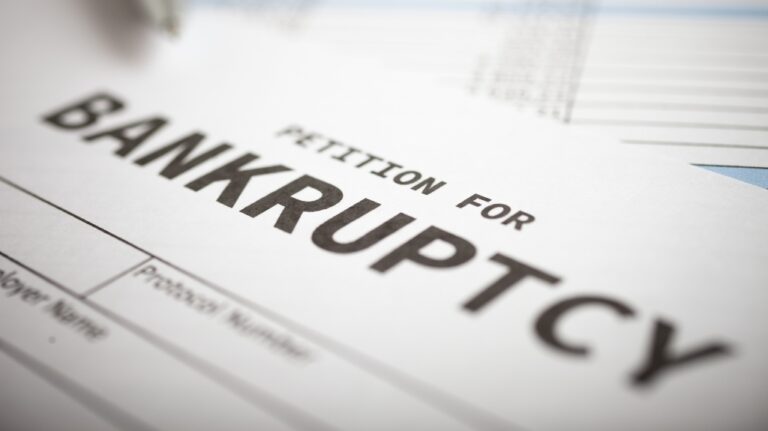Most people who file for bankruptcy in South Carolina do so because they cannot afford to repay their debts. When those debts put a major strain on your finances and make it difficult if not impossible to cover your regular living expenses, bankruptcy can give you the fresh start you need to get your finances back on track. But filing for bankruptcy requires more than submitting a petition with the court. You need to pass what’s known as the means test. Your South Carolina bankruptcy attorney explains what you need to know about this test.
South Carolina Has Income Limits for Bankruptcy
First and foremost, South Carolina has income limits on who can file for bankruptcy without passing the means test. The income limits depend on how many people are in your household. While limits can change from year to year, they’re currently as follows:
- 1-person household: $59,661
- 2-person household: $74,874
- 3-person household: $87,940
- 4-person household: 102,244
As the number of people in your household increases, the amount of money you’re able to earn and qualify for Chapter 7 bankruptcy increases, too.
The Means Test Explained
If you exceed the income limits for your household size, you’re still permitted to file for Chapter 7 bankruptcy. However, you’ll need to pass the means test to qualify. The means test is a way for the state to determine if you can discharge all of your debts through Chapter 7 bankruptcy or if you’ll need to settle a portion or all of your debt through a repayment plan with Chapter 13 bankruptcy.
The means test looks at the amount of money you earn each month and compares it to the amount of debt you’re carrying. You’ll need to add up your total income and subtract your allowed expenses (the ones you’re legally required to pay) from that total.
If your total disposable income falls below a certain threshold, you’ll be able to file for bankruptcy. If it’s higher than that threshold, you may need to do other calculations to determine eligibility.
What Counts as Income for Bankruptcy?
The means test requires you to include all of your regular sources of income in your calculations to see if you’re eligible. Here are a few common types of income you’ll want to include:
- Your wages earned from your job
- 1099 earnings from freelance or contract work
- Government benefits you receive like Social Security payments
- Child support and alimony payments
- Investment dividends
- Royalties
- Interest payments on qualifying accounts
- Business income
- Annuity payments
- Workers’ compensation payments
This is by no means an exhaustive list. If you’re concerned about what you should include in your calculations, you’ll want to speak with a South Carolina bankruptcy attorney. They’ll be able to review your situation and your finances so you can make sure you’re making the calculations correctly.
What Happens If You Don’t Pass the Means Test?
If you don’t pass the means test, you may not be able to file for Chapter 7 bankruptcy. But not filing for Chapter 7 doesn’t mean you’ll be stuck struggling to pay down your debt. There are other options you could consider. These include:
- Filing Chapter 13 bankruptcy: Chapter 13 bankruptcy lets you enter into a repayment agreement with your creditors. You’ll gradually pay off what you owe until all of your debts are repaid.
- Seeking debt counseling: Debt counseling and debt counselors can help you come up with a strategy to pay off what you owe in a way that works with your financial situation.
- Negotiate with your creditors: You may be able to negotiate a repayment plan or a reduction in your debt with your creditors.
Let a South Carolina Bankruptcy Attorney Help
Whether you’re worried about the means test or know your income falls well below the median income level for your household size, working with a South Carolina bankruptcy attorney is always a good idea. Contact Lam Law Firm today to schedule a consultation.






